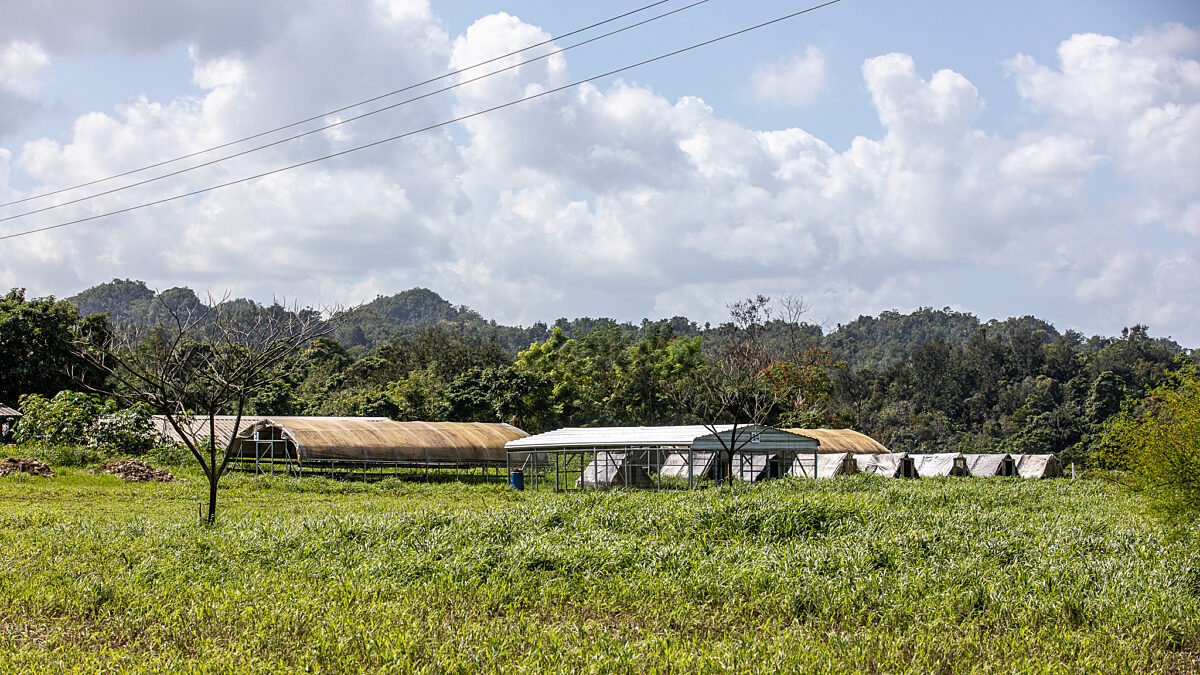Farm Bureau Asks Congress to Adjust PPP to Increase Farmers’ Participation
TOPICS
Covid-19Erin Anthony
Director, Communications

Vermont Farm Bureau hosted virtual town halls to keep members informed about prominent agricultural issues.
photo credit: AFBF Photo, Philip Gerlach
Erin Anthony
Director, Communications
As the House and Senate consider legislation to tweak the Small Business Administration’s Paycheck Protection Program, the American Farm Bureau Federation is asking lawmakers to make the program fully accessible to farmers and ranchers by allowing them to increase their net farm income through all rental income, farm equipment trades, breeding livestock and other documented sources of income.
The calculation for determining PPP eligibility should also include wages received in-kind, such as commodity wages and other documented sources of income, according to AFBF.
Under SBA rules, farmers’ participation in the PPP is based on net farm profits (or losses), which are reported on IRS form Schedule F, from 2019.
Based on 2017 IRS data, 37% of self-employed farmers would have not received a loan from the PPP because they’ve reported net losses in the prior year. Program eligibility is based on returns filed for 2019, so the percentage of self-employed farmers receiving a zero-dollar loan could be higher following devastating natural disasters and trade troubles that continue to weigh negatively on farm income and cash receipts, according to Market Intel analysis.
The changes Farm Bureau is asking for are needed because “Schedule F alone is not an accurate indicator of farm income and having a ‘zero or negative’ net farm income has made many farmers ineligible for PPP benefits,” AFBF President Zippy Duvall said in a letter to Congress.
The organization is also asking for certainty that all H-2A workers in the United States qualify as an employee if they meet “principal place of residence” requirements, which include living in the U.S. for more than six months. Additionally, clarification is needed about how seasonal guest workers should be accounted for in determining the employee count for the PPP.
“Wages paid to H-2A workers are a considerable expense for non-mechanized commodities and excluding them is counter to helping businesses with high payroll expenses,” Duvall noted in the letter.
Other necessary changes include a clarification that expenses incurred while operating a business under a PPP loan are deductible as normal and customary business expenses for income tax purposes; removal of the forgiveness requirement that 75% of loan proceeds be used for payroll; an extension of the loan period to five years, with interest accrued on a simple-basis; and the inclusion of Farm Credit institutions among those allowed to access the set-aside for small financial lenders.
Farm Bureau is also requesting an extension of the PPP’s covered period through Dec. 31.
“This extension would provide additional flexibility for farmers and ranchers whose businesses need the loans outside the current eight-week window and offer additional time for farmers to seek forgiveness of the loans,” Duvall said.
The House passed its bill, the Paycheck Protection Flexibility Act (H.R. 7010), on May 28. Although Farm Bureau supported the bill, it does not address all of farmers’ specific concerns. While the Senate bill largely mirrors the House’s, there are some differences. Like the House measure, the Senate bill does not include all of Farm Bureau’s requested provisions. However, there will be an opportunity to make changes when it’s taken up in that chamber, likely the week of June 1.
Trending Topics
VIEW ALL